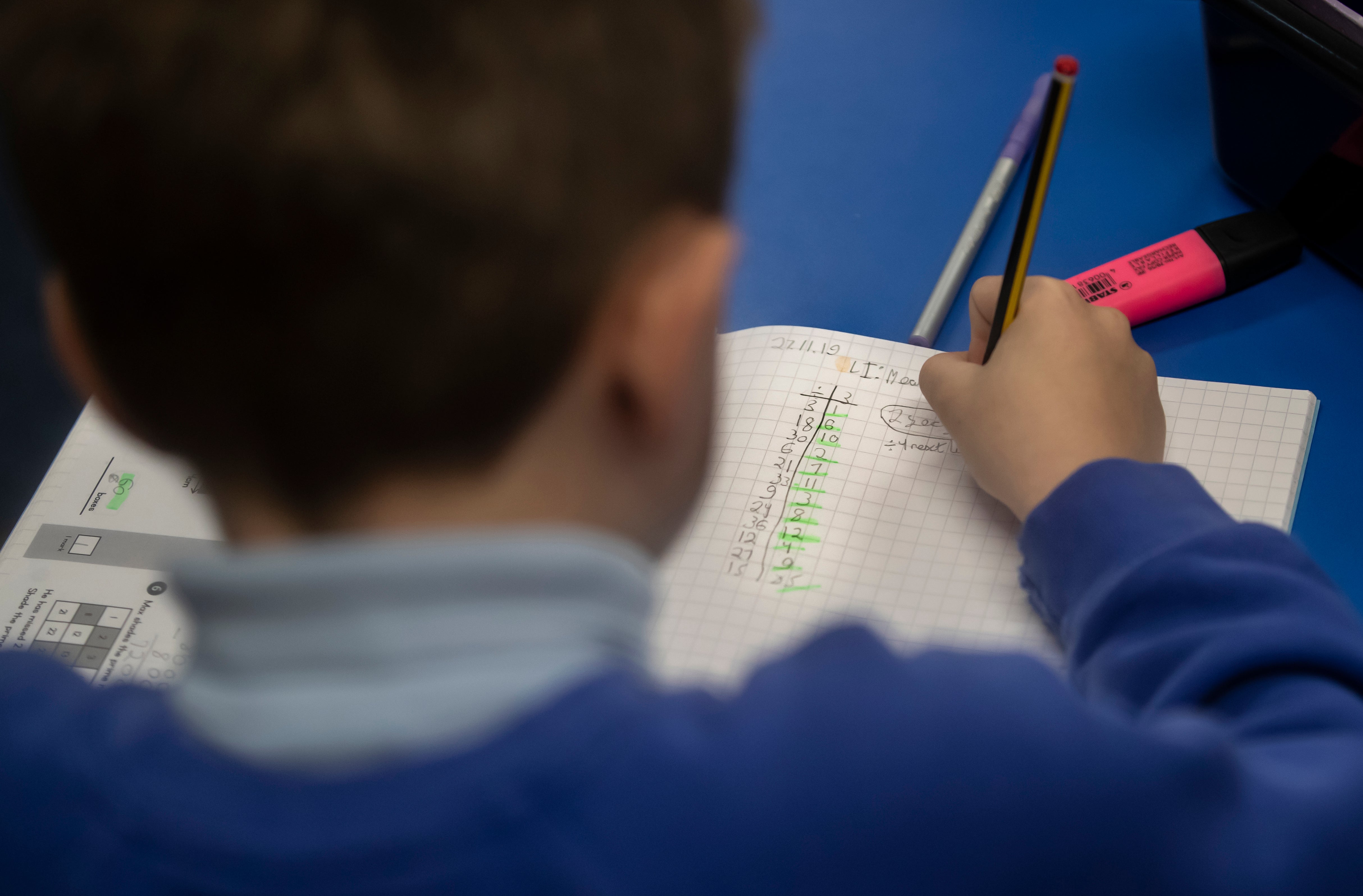Government urged to take immediate action to reduce family homelessness
In December 2021 there were 1,077 families experiencing homelessness and 2,451 homeless children.

Your support helps us to tell the story
From reproductive rights to climate change to Big Tech, The Independent is on the ground when the story is developing. Whether it's investigating the financials of Elon Musk's pro-Trump PAC or producing our latest documentary, 'The A Word', which shines a light on the American women fighting for reproductive rights, we know how important it is to parse out the facts from the messaging.
At such a critical moment in US history, we need reporters on the ground. Your donation allows us to keep sending journalists to speak to both sides of the story.
The Independent is trusted by Americans across the entire political spectrum. And unlike many other quality news outlets, we choose not to lock Americans out of our reporting and analysis with paywalls. We believe quality journalism should be available to everyone, paid for by those who can afford it.
Your support makes all the difference.The Children’s Rights Alliance has called on the Government to take immediate action to tackle family homelessness.
The group said there is a need to introduce more measures to tackle child and family homelessness, particularly in Traveller families, families with disabilities and people leaving Direct Provision.
In December 2021 there were 1,077 families experiencing homelessness and 2,451 homeless children.
By the end of the year, almost one in four children living in emergency accommodation in Dublin had been there for more than two years.
Over the past two years, children and young people have been forced to adapt to a different way of life, and now we are asking them to go back to the way things were before
Publishing its Report Card 2022, Children’s Rights Alliance said that lessons learned from the pandemic must be a key focus this year.
The group’s latest report grades the Government on its progress towards achieving the commitments made to children and young people in its Programme For Government.
Speaking at the report launch, Tanya Ward, chief executive of the Children’s Rights Alliance, said: “Over the past two years, children and young people have been forced to adapt to a different way of life, and now we are asking them to go back to the way things were before.
“During the pandemic, we saw a meaningful decrease in the numbers of families with children experiencing homelessness, yet in 2021 that number has started to creep back up again.
“There is a strong appetite now after the challenges of Covid-19 to change things for the better; we should be building on what worked well rather than simply returning to the way things were before.
Children and young people have a right to receive age-appropriate, safe healthcare, and the inexcusable fact that 25 young people were placed in adult wards in 2021 continues to be unacceptable
“The Government’s emergency response to the pandemic in 2020 had a strong focus on preventative measures and resulted in fewer families in emergency accommodation.
“We can’t allow progress to reverse.
“While there was a welcome target of ending homelessness by 2030 and key measures in the Government’s new Housing For All Strategy, published in 2021, there is a need to introduce additional measures to step up efforts to tackle child and family homelessness, particularly for those who are disproportionately impacted including one-parent families, Traveller families, families with disabilities and people leaving Direct Provision.
“This is why the Government gets an ‘E’ grade in this area, down from a ‘C’ grade last year.”
Turning to mental health services, Mark Smyth, former president of the Psychological Society of Ireland, said there are a myriad of solutions that exist to address the “glaring gaps” in mental health services.
“Children and young people have a right to receive age-appropriate, safe healthcare, and the inexcusable fact that 25 young people were placed in adult wards in 2021 continues to be unacceptable,” Mr Smyth added.
“The Government must take immediate steps to end this practice rather than embed it in legislation like they are proposing to do.
“The pressures on Child and Adolescent Mental Health Services (CAMHS) have been abundantly clear for many years and we are all very conscious of the concerning issues that have recently come to light in South Kerry CAMHS.”